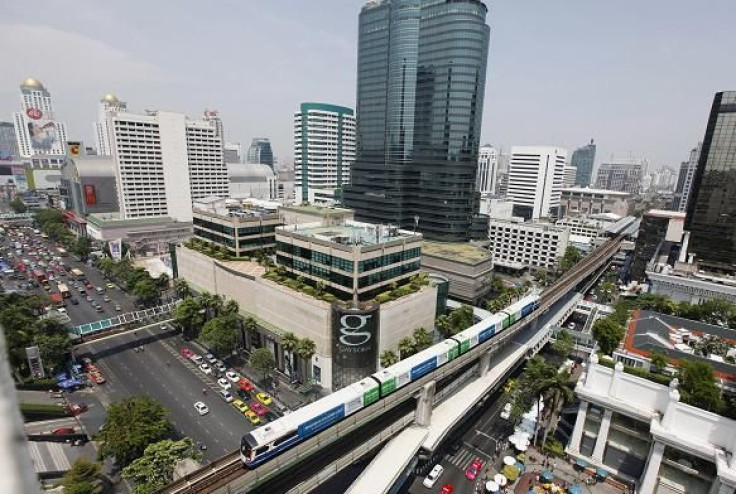Facebook Popularity May Become Southeast Asia's Key To Regional Integration

Facebook Inc. (NASDAQ:FB) has become enormously popular in Southeast Asia, which may have hurt existing local social media ventures, but the American social networking site is proving to be a useful tool for political groups. It may even turn out to be key to achieving the goal of the region's nations to build an integrated community and trading entity by 2015.
Southeast Asians are active Facebook users: Indonesia has 64 million total users, while Thailand boasts of 10.2 million unique Facebook visitors every day, while Vietnam has the fastest rate of people joining Facebook in the world, according to Invest Vine, a news portal on investment opportunities in Southeast Asia.
In total, Southeast Asia has about 140 million Facebook users, according to the estimation of Tech in Asia, an online technology news startup.
A number of social media sites native to the region have seen their popularity take a hit when Facebook entered the market. For example, site traffic for Vietnam’s LinkHay plummeted, while Facebook is adding one million Vietnamese users per month, Invest Vine reported.
For some, Facebook’s dominance in the region is a cause for concern. The ubiquity of the website could be discouraging local entrepreneurs who might have new and exciting ideas, whose success might generate jobs and economic growth.
But others think the social media scene in Southeast Asia will not always be monopolized by Facebook. In a few years, when Facebook’s growth evens out, other unique social media platforms could spring up again to address the more specific needs of internet users in the region, according to Tech in Asia.
Facebook is also making the current generation of young people very familiar with social media, even dependent on it for their personal interactions, giving rise to millions of people who represent a natural audience for the next generation of social media websites that could be brewing in the region.
One demographic that does appreciate the popularity of Facebook is Southeast Asian political groups, which have taken note and now routinely campaign on Facebook. In Thailand, the Red Shirts, supporters of ousted Prime Minister Thaksin Sinawatra, are avid users of Facebook, as well as YouTube and Twitter, to promote their cause. In Indonesia, recent widespread protests against extremist Muslim groups were organized entirely on Facebook and Twitter.
In Myanmar, the president’s spokespeople have Facebook pages where they document the president’s activities and sing his praises, according to Invest Vine. On the other hand, when a lucrative telecom license was awarded to Ooredoo, a company based in majority-Muslim Qatar, many of the country’s Buddhist majority took to the government’s Facebook page to protest.
The popularity of social media could also make a key difference in the goal of the member states of the Association of Southeast Asian Nations (ASEAN) to work towards building an integrated community by 2015.
”The strategies shall include the full utilization of traditional and new media, exploring new collaborative networks, and strengthen linkages with government ministers and civil society organizations in helping build the ASEAN Community,” said Sonny Coloma, secretary of the Philippine Presidential Communications Operations Office, at a press conference held in Manila on June 8.
The ASEAN officials have agreed to implement the strategy in their national communication plans in the future, according to Invest Vine.
© Copyright IBTimes 2024. All rights reserved.











